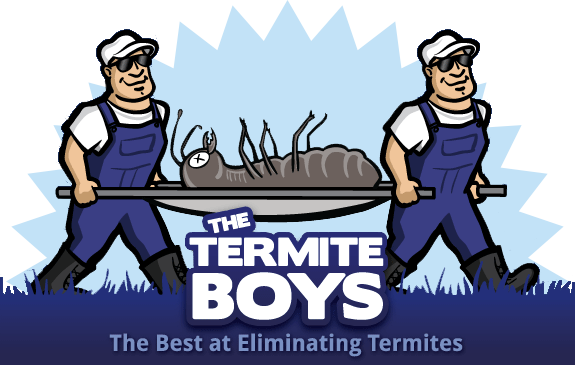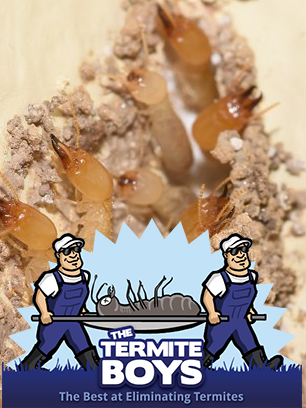Termites are both important ecologically and harmful to human settlements. As such, they have been a subject of study for many years. In a new breakthrough study, a research team of evolutionary biologists from the Okinawa Institute of Science and Technology, have built a new family tree of this insect species and through it, uncovered some new information about its evolutionary history.
About 80% of termite species are part of the Termitidae family, and their role in nature is to act as decomposers. Many species in this family have switched their diet from wood to decomposing matter and plant soil at some point during their evolutionary history. This important change in diet was due to the loss of protist gut symbionts which are found in termite species that are not part of the Termitidae family. Without these gut symbionts, the Termitidae termites have developed a unique relationship with bacteria and fungi, which have to be cultivated in complex sponge-like structures that are known as combs. The ability to cultivate these fungi and bacteria is a well known trait of the Termitidae.
Through RNA analysis, researchers linked two Termitidae subfamilies which exhibit this behavior together. These subfamilies are the Marcoteritinae and the Sphaerotermitinae. The interrelation between various species and families is uncovered by looking at their genes, and the more genes you look at, the more accurate your assessment. As part of this experiment, the research team looked at as many as 4065 genes from 55 different termite species that represent major lineages.
The researchers uncovered that the two subfamilies mentioned previously are the ones responsible for this comb-building behavior, and before them, it was not found in the Termitidae family. Also, this behavior only emerged several million years after the Termitidae lost their gut symbionts, which means that researchers were able to reconstruct the entire evolutionary tree of multiple termite species due to this discovery.
This research gives us extra insight into the evolution of termites, and their interrelatedness, along with helping us better develop better ecosystem engineering and control strategies. If in the future we could find ways in which to protect entire geographical areas from termites, homeowners will be able to save a lot of money. However, until then, we have to stick with traditional pest control methods. If you have a termite infestation, do not wait to call over a pest control specialist. Termites can cause damage very fast, especially if you have a large colony infesting your home. Contact us today for pest control services.

